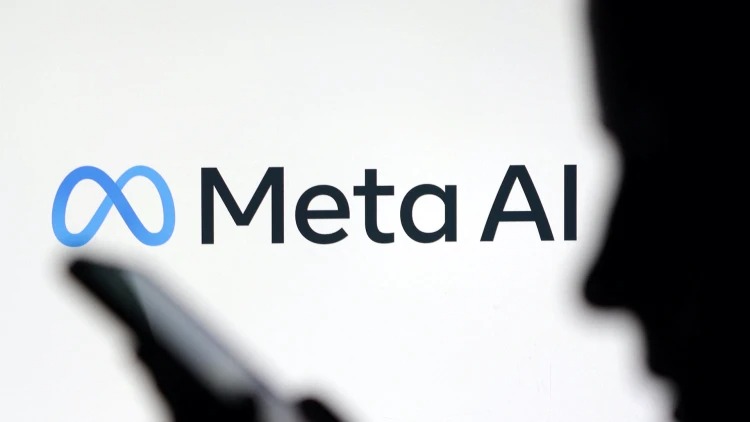- | 8:00 am
What a debt limit deal could mean for NASA
The plan from President Joe Biden and Speaker Kevin McCarthy, which is expected to get a vote in the House on Wednesday, would keep nondefense spending roughly flat in fiscal year 2024.

The debt limit deal reached late Saturday night contains both good and bad news for NASA.
The plan from President Joe Biden and Republican Speaker Kevin McCarthy, which is expected to get a vote in the House on Wednesday, would keep nondefense spending roughly flat in fiscal year 2024, with a 1% bump in 2025, according to White House officials.
BY THE NUMBERS:
- $27.2 billion = NASA’s fiscal 2024 budget request
- $25.4 billion = NASA’s fiscal 2023 funding
It’s important to note that the debt limit deal sets the cap on government-wide nondefense spending, not on specific agencies. So it will be up to appropriators to decide how much of the nondefense pie goes to NASA, and they could either impose more significant cuts or grant some relief. But if the proposed plan is applied evenly to the space program:
- The bad news: A flat fiscal 2024 budget would be $25.4 billion, putting the space agency about $1.8 billion under its request. The agency’s budget request included plus-ups for the human landing system for Artemis moon missions, space technology, biological and physical science programs, and earth science, according to a Planetary Society analysis.
- The good news: A flat budget for 2024 is better for the space agency than two plans proposed by the GOP that would further curtail NASA’s budget. The House passed a bill this month that would cap fiscal 2024 spending at fiscal 2022 levels. If all agencies absorbed that cut equally, that would have meant $24 billion for the space agency. But Republicans were also considering a plan to make even deeper cuts to nondefense discretionary spending to protect defense spending, which would amount to a 22% cut to nondefense agencies. For NASA, that would mean a budget of about $19.8 billion.
This story originally appeared on Payload and is republished here with permission.







































